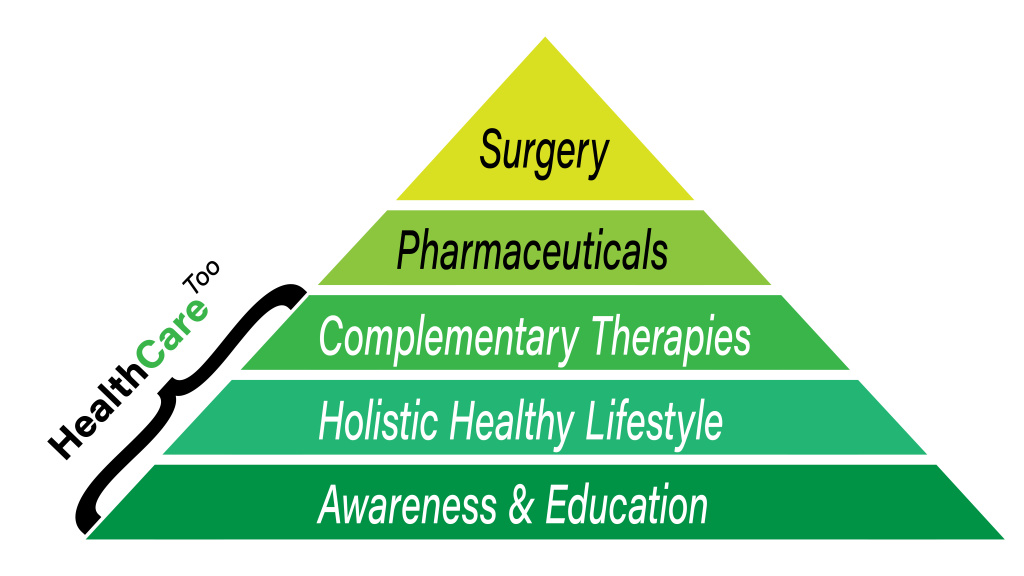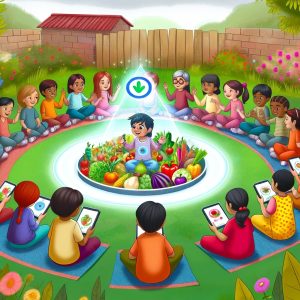Beginners Ayurvedic Diet Tips
Good nutrition is a cornerstone of good health. In the search for nutrition answers, many consumers have looked back in time for dietary guidance including the Paleolithic Era that ended about 10,000 years ago. For “only” several millennia Ayurveda (from India) and Traditional Chinese Medicine have placed food front and center for health and healing.
IF YOU FOLLOW A PALEO diet, you eat loads of meat and no grains. If you follow a vegan diet, you fill up on produce, but shun animal products. And if you follow an Ayurvedic diet, well, it’s complicated.
“When we think about food, we hear, ‘You are what you eat,’ but when you use the principles of Ayurveda, it’s not just what you eat, it’s when you eat, it’s how you eat, it’s why you’re eating it,” says Vandana Sheth, a registered dietitian near Los Angeles and a spokesperson for the Academy of Nutrition and Dietetics.
Ayurveda, which translates to “the science of life,” is an ancient Indian healing art and science. The diet is an integral part of the broader practice, and aims to help people achieve balance in their overall health and well-being by promoting certain foods for certain body shapes and personality characteristics, as well as offering guidance on when and how much to eat, in what combinations, where food should come from, how it should be appreciated and more.
Source: 6 Ayurvedic Diet Tips for Beginners | Food | US News




